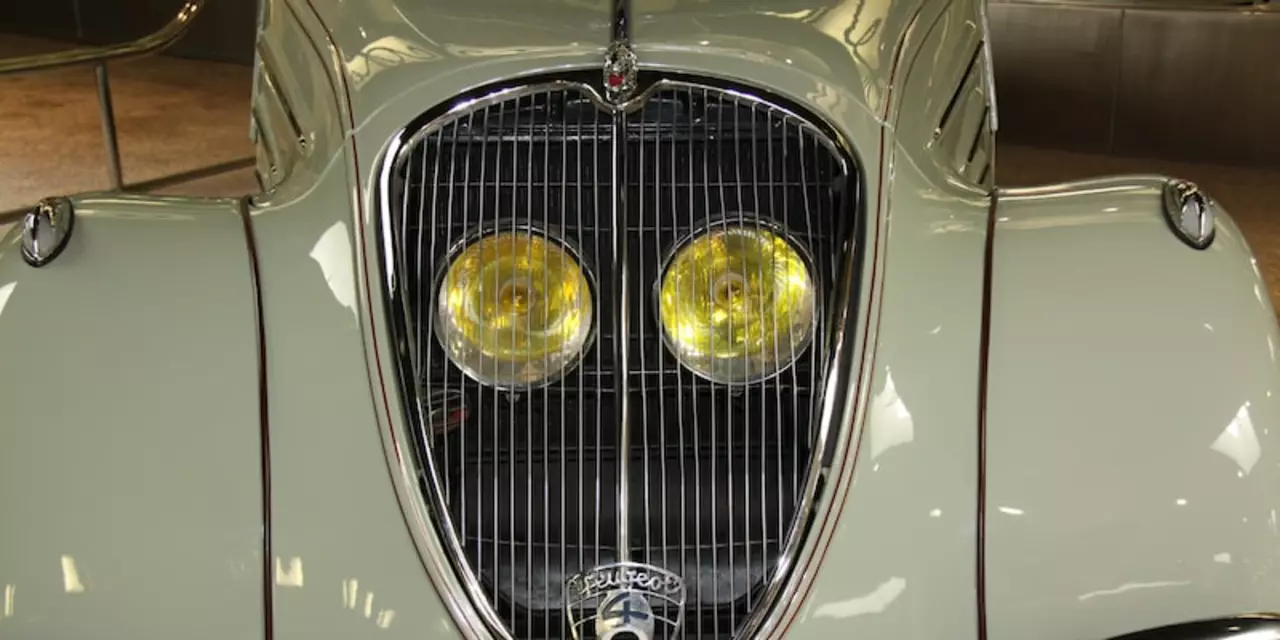Blocked Car Parts – What to Do When Your German Sports Car Parts Are Unavailable
Ever tried to order a new exhaust pipe for your BMW M3 only to see a “blocked” or “out of stock” notice? It’s frustrating, but it happens more often than you think. Parts get blocked for a range of reasons – supply chain hiccups, limited production runs, or even legal restrictions. The good news? You don’t have to sit on the side of the road waiting for a miracle. Below are practical steps to get around blocked parts and keep your German sports car performing at its best.
Why Parts End Up Blocked
First, understand the common culprits. Manufacturers sometimes stop production of a specific component when a newer model arrives. That leaves owners of older cars scrambling for a dwindling supply. Import regulations can also block certain aftermarket parts, especially if they don’t meet EU emissions standards. Finally, global events – strikes, shipping delays, or sudden spikes in demand – can pinch inventory and push items into a “blocked” status on most e‑commerce sites.
Smart Ways to Bypass the Block
1. Search the OEM catalog. Original Equipment Manufacturer (OEM) part numbers are your safest bet. Plug the number into a parts‑finder tool or call a certified dealer. Even if the part is listed as blocked, the dealer might have a back‑order you can reserve.
2. Try reputable aftermarket brands. Companies like Bosch, Mahle, and Bilstein produce high‑quality replacements that fit most German models. They often stay in stock longer because they serve a wider market.
3. Look for used or refurbished units. Online forums, specialist salvage yards, and even local car clubs can be gold mines for parts that are no longer made. A refurbished brake caliper, for instance, can be as reliable as a new one if it’s inspected and re‑machined.
4. Consider compatible parts from sister models. Porsche, Audi, and Mercedes share many components under the Volkswagen Group umbrella. A suspension arm from an Audi TT might bolt right onto your Porsche Cayman with minimal tweaks.
5. Set up alerts. Most parts websites let you create stock notifications. As soon as the blocked item re‑appears, you’ll get an email – a simple trick that saves hours of manual checking.
6. Ask the community. Forums like Bimmerforums, Porsche Club UK, and the Reddit r/cars subreddit are full of enthusiasts who’ve faced the same roadblock. A quick post can point you to a hidden supplier or a discounted alternative.
7. Check for regional differences. Some parts are blocked in the UK but available in Germany or the Netherlands. A cross‑border purchase can be cheaper, especially when you factor in VAT refunds.
When you finally locate a viable alternative, double‑check fitment guides and return policies. A mis‑fit can cost you time and money, turning a simple fix into a bigger headache.
In short, a blocked part isn’t the end of the road. By expanding your search, tapping into specialist networks, and staying flexible with brand choices, you can get the component you need without endless waiting. Keep this checklist handy, and the next time a “blocked” label pops up, you’ll know exactly what to do to keep your German sports car roaring.
